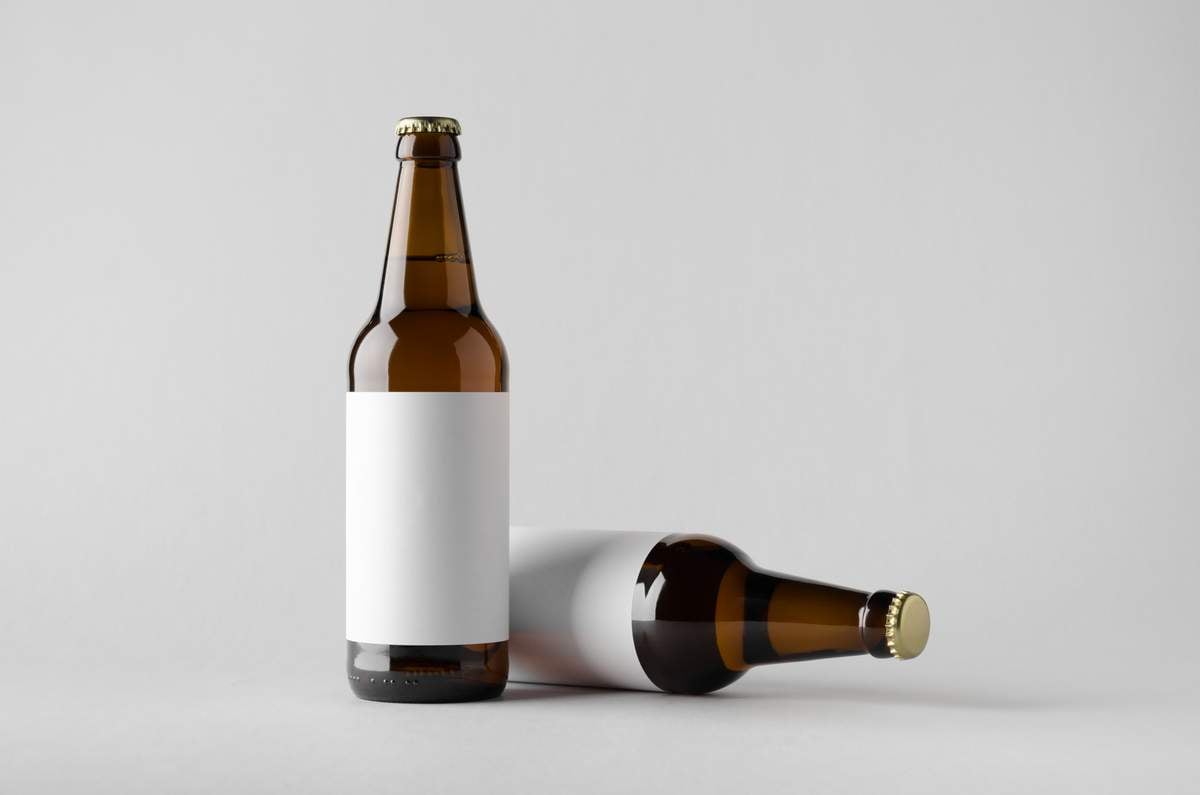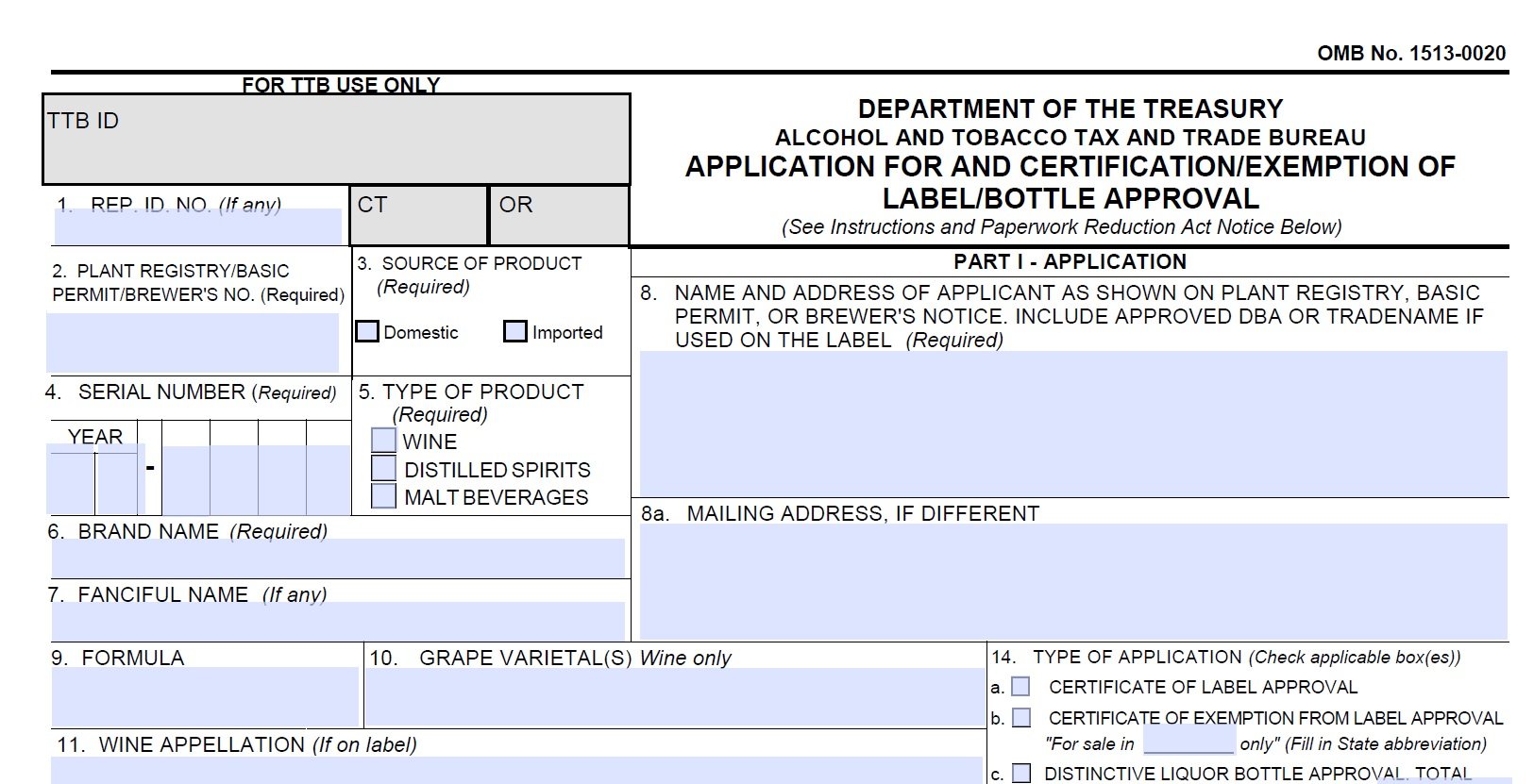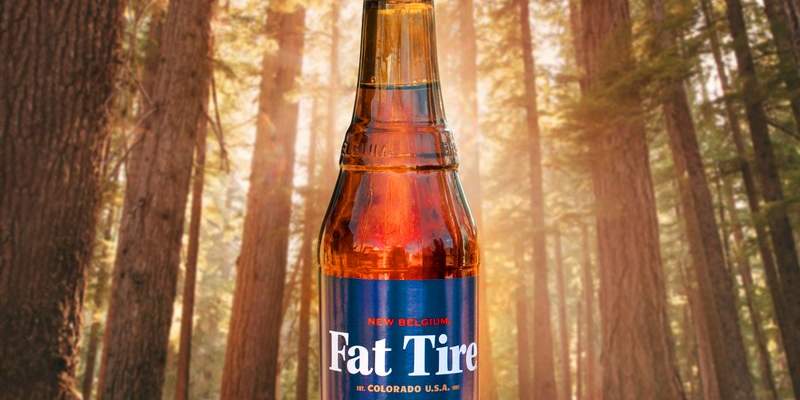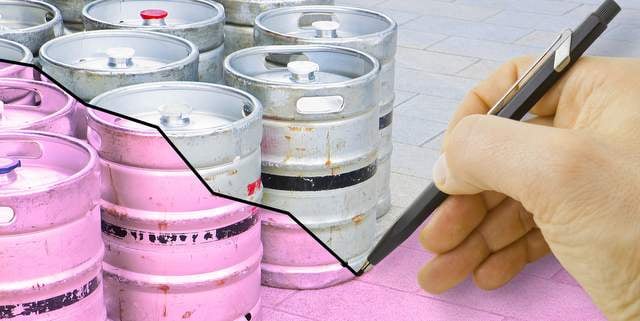
A beer label tells consumers more than just what the bottle or can contains (e.g., brewed hops, grain, yeast and water). Labels inform consumers of important facts like the alcohol content by volume (ABV), the net contents of the container and may also provide insight on the flavor profile of the beer or the ethos of the brewery. Some beer labels may even constitute works of art. However, brewers should be aware that certain regulatory requirements apply to beer labels in the United States, and that certain forms of intellectual property can protect different aspects of beer labels. This post is part of a three-part series, with Part I describing the regulatory requirements for a brewer’s beer label and the authorizations and protections those regulatory requirements confer.
While we will use the term “beer” throughout this series, we are referring to malt beverages regulated under the Federal Alcohol Administration Act (FAA Act). Under the FAA Act, malt beverages are defined as products made from a combination of both malted barley and hops intended for sale in interstate commerce. Certain other “beers” do not meet the definition of malt beverage and may be regulated under the Federal Food Drug and Cosmetic Act by the U.S. Food and Drug Administration. These other beers would have different labeling requirements, but the intellectual property protections discussed in further parts of this series would still apply to those products.
Certificate of Label Approval (COLA)
When a brewery bottles or cans a malt beverage, all labels and markings that appear on the bottle or can must be approved by the Alcohol and Tobacco Tax and Trade Bureau (TTB) under Certificate of Label Approval (COLA). The brewery applies for the COLA through TTB’s online COLA system, and the COLA must be obtained before the malt beverages are released from the brewery into interstate commerce. However, before even applying for a COLA, a brewery must have received a brewer’s notice from the TTB. A brewer’s notice is the Federal manufacturing registration that authorizes a brewer to produce beer for sale. Any brewery intending to brew beer for sale must receive this approval from TTB. The brewery then uses this brewer’s notice to gain access to the COLA’s online system and submit COLAs so TTB can issue a brewery the label approval necessary to sell or ship malt beverages (like beer) to a licensed wholesaler in another state.
In order to obtain a COLA, the label of each bottle or can of beer must at minimum include:
- the brand name;
- the net contents of the bottle or can (in U.S. standard measure);
- the class of the product (beer, ale, porter, stout, flavored malt beverage, etc.);
- the name and address of the bottler or packer; and
- the mandatory government health warning statement.
The regulations may require additional label information for beers with certain characteristics. For example, a beer containing any alcohol derived from added flavors or other added nonbeverage ingredients (other than hops extract) must include the total alcohol content on the label. Additionally, a beer label must include the alcohol content when required by state law, as well as declarations of certain ingredients (such as sulfites, aspartame, saccharin, color additives and the name and address of import when applicable). Similarly, brewers may voluntarily disclose major food allergens on the label. However, if one allergen is disclosed, all others in the product must likewise be disclosed. Additionally, brewers must make sure that their labels are not misleading and that any claims or certification on the product meet any regulatory or certifying body requirements.
Aside from the type of the information that must appear on a beer bottle label, the manner in which the information is displayed is also regulated. Regulations dictate minimum size restrictions for text on the label, depending on the volume of the bottle and the information conveyed in the text. Text must be placed on certain regions of the bottle, depending on the type of information and must be legible.
Modifying a beer label may require a new COLA unless the modifications fall within certain revisions allowed by TTB. Additional information regarding label requirements and allowable label modifications can be found on the TTB website.

It is important to understand that a COLA serves only as approval for the domestic brewer to bottle or can a malt beverage product and release it into commerce or, in the case of imported beer bottled overseas, import it into to the United States. In TTB’s recent update to alcohol beverage labeling regulations, TTB reiterated the long-standing principal that a COLA is not a trademark registration and does not provide any intellectual property protections.
In addition to TTB’s COLA requirement, many states require registration of labels prior to sale and distribution within the state. Like COLAs, these state brand registrations do not confer any intellectual property rights to the holder of the brand registration.
While both COLAs and state brand registrations can help demonstrate “intent-to-use” or “use in commerce” for trademark registration purposes, these regulatory requirements only help with the sale and distribution of products in the U.S.
Check back next week for the second segment of our three-part series which will cover trademark protections for beer labels.
Daan Erikson is an attorney in Husch Blackwell’s Chicago office and is a member of the firm’s Food & Agribusiness industry group and Intellectual Property practice team. Emily Lyons is an attorney in Husch Blackwell’s Washington, D.C. office and is a member of the firm’s Food & Agribusiness industry group and Alcohol & Beverage practice team. Written with the assistance of Colleen Seidel, a summer associate in the Husch Blackwell LLP Washington, DC office.





Leave a Reply
You must be logged in to post a comment.